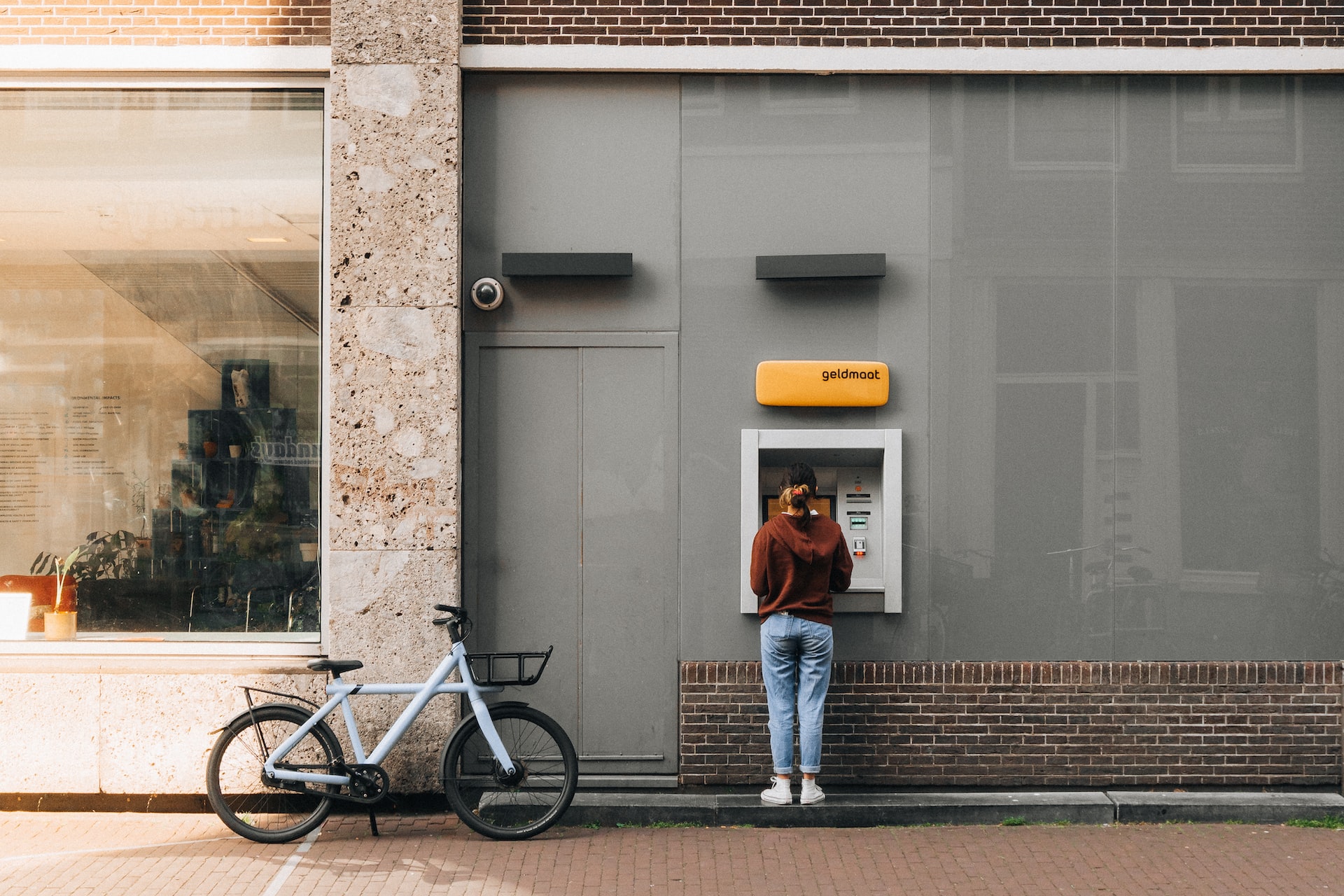Dealing with debit card fraud can be overwhelming. You’ll be tasked with filing reports with your financial institution to recoup the funds spent on fraudulent charges. Plus, your account will take a temporary hit, and your bank or credit union may not rule in your favor.
Fortunately, there are ways to minimize your chances of falling victim to debit card fraud. But first, it’s vital to understand debit card fraud and the tactics thieves use to steal your information.
What is Considered Debit Card Fraud?
Debit card fraud occurs when someone uses your debit card to purchase goods or services without your permission. It also occurs when a fraudster uses your PIN at the point of sale or an ATM to make unauthorized charges or withdrawals from your bank account.
How Can Debit Card Fraud Happen?
These tactics demonstrate the many ways you can fall victim to debit card fraud:
Hacking
Your debit card information is compromised through a data breach.
Phishing
A fraudulent email is sent to you requesting account information from a fraudster pretending to be a retailer or company you do business with.
Skimming
You swipe your debit card at a gas pump or terminal where a skimming device is installed, and it stores your information for the fraudster.
Spying
A stranger or someone you know steals your debit card information if you leave the card unattended or by looking over your shoulder when you’re remitting payment for a purchase.
Tips To Avoid Becoming a Victim of Debit Card Fraud
Although there are many ways for your debit card to be compromised, you can take action to minimize the chances of your information being stolen.
Avoid Using Your Debit Card in Risky Areas
Some areas, like the ones listed below, make you more prone to debit card fraud than others:
- Gas Stations
- Bars and Restaurants
- Retail Stores
- Online
- Unfamiliar Locations
If you must use your debit card at a physical location, avoid handing it over to the cashier. Instead, opt to use the tap-to-pay feature as it’s a much safer option.
Always Be Vigilant When Using Your Debit Card
You never know who’s watching when you use your debit card. And if you aren’t vigilant, an onlooker could be waiting to catch a glimpse of your card number and use it to make fraudulent transactions.
Monitor Your Cards and Accounts
It can be tempting to check your account balance occasionally and move on to other tasks if all seems well. But it’s vital to monitor account activity as often as possible to ensure only authorized charges are present. And if you do spot what you suspect to be fraud, you can report the transactions sooner than later.
Keep Your Statements and PIN Safe
Store your account statements and PINs in a safe place to prevent them from being stolen. When you’re ready to dispose of the documents, shred them first.
Inspect ATMs and Card Readers
Always examine ATMs and card readers before swiping or inserting your debit card. If something looks unusual, it could be a skimming device, and that payment terminal should be avoided.
Use a Credit Card Instead
You’ll only have two days to report losses on a debit card for your maximum liability to cap at $50. After that, it increases to up to $500 for losses reported anywhere from two to 60 days after. You could have unlimited liability anytime after that if your financial institution doesn’t rule in your favor. However, credit card issuers are only liable for up to $50 in unauthorized transactions.
If you don’t have a credit card or would like to expand the options in your wallet, consider using Experian’s CreditMatch service to get matched with the best offers for your credit score and credit profile. You can also use Experian Boost, a free service that may increase your Experian credit score by giving you credit for on-time payments made to eligible service providers.
Both tools are free, and you can access them by visiting Experian’s website and signing up for a free account. You’ll also get access to your credit report and score free of charge.
Sign Up for Identity Fraud Monitoring for Extra Protection
Experian also offers identity theft monitoring solutions to give you an added layer of protection. You can choose from the following plans:
- IdentityWorks Plus: This plan includes dark web surveillance, identify theft monitoring and alerts, lost wallet assistance, access to a U.S.-based fraud resolution specialist if needed, Experian CreditLock, credit monitoring (for your Experian report only), FICO Score alerts, FICO score tracking, a FICO Score Simulator, industry-specific credit score updates (i.e., auto, bankcard and home) and up to $500,000 in identity theft insurance for $9.99 per month.
- IdentityWorks Premium: Get all the perks the IdentityWorks Plus plan offers, along with an additional $500,000 in identity theft insurance, three-bureau (Experian, TransUnion and Equifax) credit monitoring and quarterly three-bureau FICO score updates. Plans cost $19.99 per month.
Both options include a free 30-day trial, so you can give them a test drive to determine if they’re a good fit.







